Anthony P. Young
A Graph-Based Context-Aware Model to Understand Online Conversations
Nov 16, 2022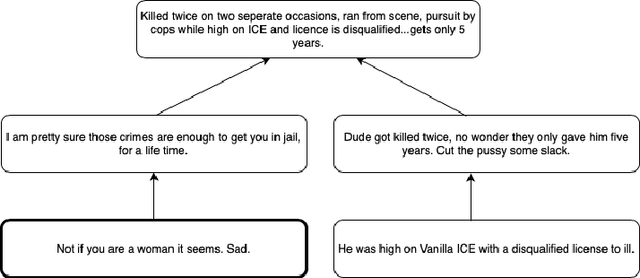
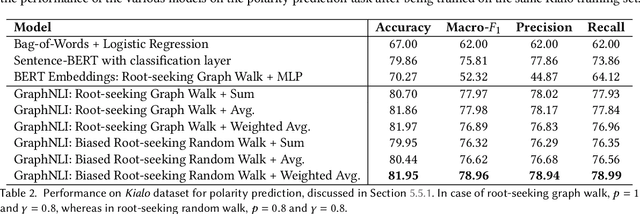
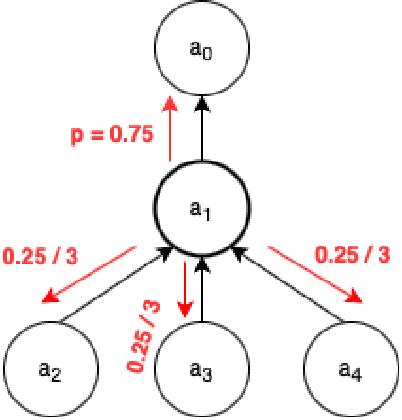

Abstract:Online forums that allow for participatory engagement between users have been transformative for the public discussion of many important issues. However, such conversations can sometimes escalate into full-blown exchanges of hate and misinformation. Existing approaches in natural language processing (NLP), such as deep learning models for classification tasks, use as inputs only a single comment or a pair of comments depending upon whether the task concerns the inference of properties of the individual comments or the replies between pairs of comments, respectively. But in online conversations, comments and replies may be based on external context beyond the immediately relevant information that is input to the model. Therefore, being aware of the conversations' surrounding contexts should improve the model's performance for the inference task at hand. We propose GraphNLI, a novel graph-based deep learning architecture that uses graph walks to incorporate the wider context of a conversation in a principled manner. Specifically, a graph walk starts from a given comment and samples "nearby" comments in the same or parallel conversation threads, which results in additional embeddings that are aggregated together with the initial comment's embedding. We then use these enriched embeddings for downstream NLP prediction tasks that are important for online conversations. We evaluate GraphNLI on two such tasks - polarity prediction and misogynistic hate speech detection - and found that our model consistently outperforms all relevant baselines for both tasks. Specifically, GraphNLI with a biased root-seeking random walk performs with a macro-F1 score of 3 and 6 percentage points better than the best-performing BERT-based baselines for the polarity prediction and hate speech detection tasks, respectively.
GraphNLI: A Graph-based Natural Language Inference Model for Polarity Prediction in Online Debates
Feb 16, 2022


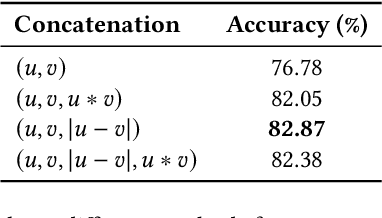
Abstract:Online forums that allow participatory engagement between users have been transformative for public discussion of important issues. However, debates on such forums can sometimes escalate into full blown exchanges of hate or misinformation. An important tool in understanding and tackling such problems is to be able to infer the argumentative relation of whether a reply is supporting or attacking the post it is replying to. This so called polarity prediction task is difficult because replies may be based on external context beyond a post and the reply whose polarity is being predicted. We propose GraphNLI, a novel graph-based deep learning architecture that uses graph walk techniques to capture the wider context of a discussion thread in a principled fashion. Specifically, we propose methods to perform root-seeking graph walks that start from a post and captures its surrounding context to generate additional embeddings for the post. We then use these embeddings to predict the polarity relation between a reply and the post it is replying to. We evaluate the performance of our models on a curated debate dataset from Kialo, an online debating platform. Our model outperforms relevant baselines, including S-BERT, with an overall accuracy of 83%.
Applying Abstract Argumentation Theory to Cooperative Game Theory
May 15, 2019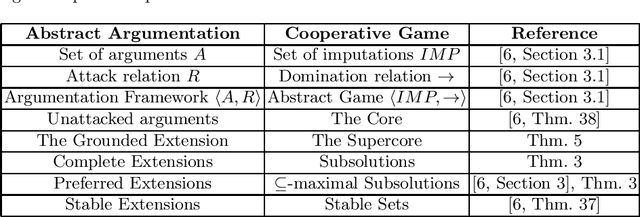
Abstract:We apply ideas from abstract argumentation theory to study cooperative game theory. Building on Dung's results in his seminal paper, we further the correspondence between Dung's four argumentation semantics and solution concepts in cooperative game theory by showing that complete extensions (the grounded extension) correspond to Roth's subsolutions (respectively, the supercore). We then investigate the relationship between well-founded argumentation frameworks and convex games, where in each case the semantics (respectively, solution concepts) coincide; we prove that three-player convex games do not in general have well-founded argumentation frameworks.
The Complete Extensions do not form a Complete Semilattice
Oct 26, 2017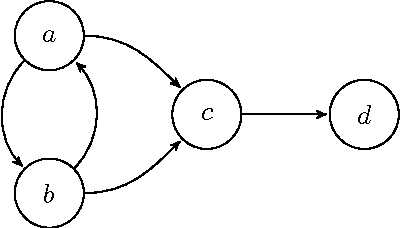
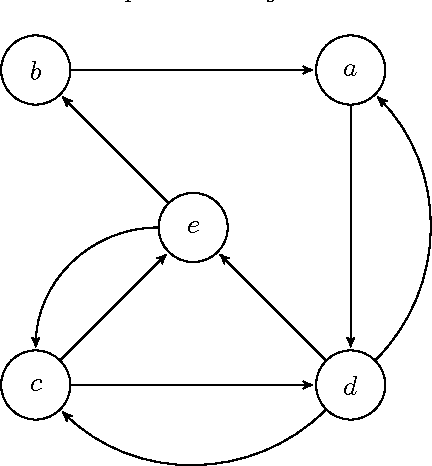
Abstract:In his seminal paper that inaugurated abstract argumentation, Dung proved that the set of complete extensions forms a complete semilattice with respect to set inclusion. In this note we demonstrate that this proof is incorrect with counterexamples. We then trace the error in the proof and explain why it arose. We then examine the implications for the grounded extension. [Reason for withdrawal continued] Page 4, Example 2 is not a counterexample to Dung 1995 Theorem 25(3). It was believed to be a counter-example because the author misunderstood ``glb'' to be set-theoretic intersection. But in this case, ``glb'' is defined to be other than set-theoretic intersection such that Theorem 25(3) is true. The author was motivated to fully understand the lattice-theoretic claims of Dung 1995 in writing this note and was not aware that this issue is probably folklore; the author bears full responsibility for this error.
Prioritised Default Logic as Argumentation with Partial Order Default Priorities
Aug 25, 2016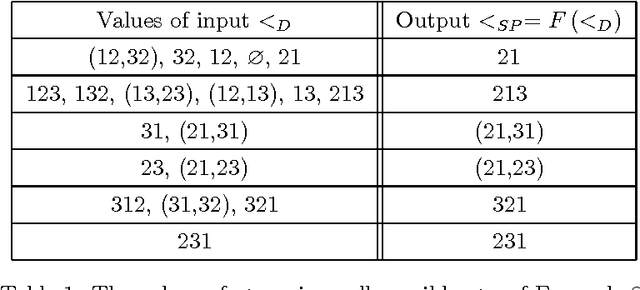
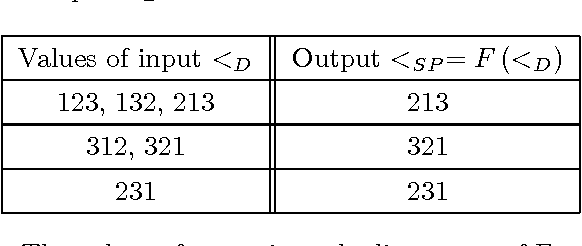
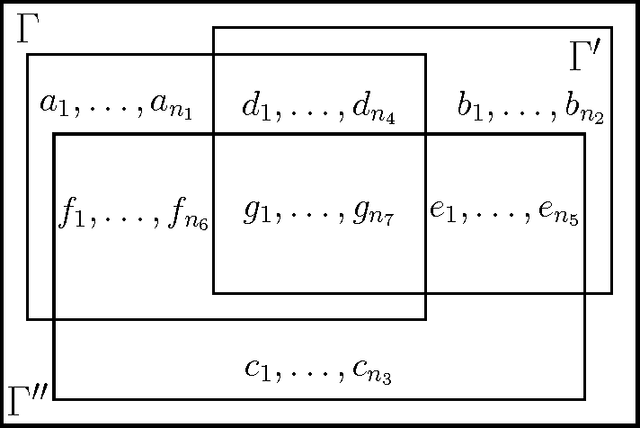
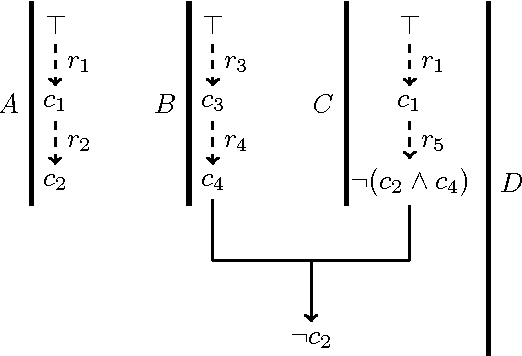
Abstract:We express Brewka's prioritised default logic (PDL) as argumentation using ASPIC+. By representing PDL as argumentation and designing an argument preference relation that takes the argument structure into account, we prove that the conclusions of the justified arguments correspond to the PDL extensions. We will first assume that the default priority is total, and then generalise to the case where it is a partial order. This provides a characterisation of non-monotonic inference in PDL as an exchange of argument and counter-argument, providing a basis for distributed non-monotonic reasoning in the form of dialogue.
Argumentation Semantics for Prioritised Default Logic
Jul 01, 2015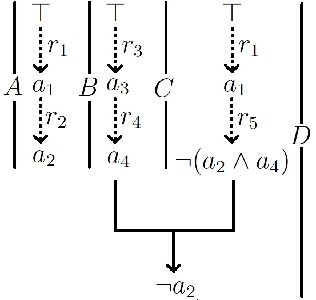



Abstract:We endow prioritised default logic (PDL) with argumentation semantics using the ASPIC+ framework for structured argumentation, and prove that the conclusions of the justified arguments are exactly the prioritised default extensions. Argumentation semantics for PDL will allow for the application of argument game proof theories to the process of inference in PDL, making the reasons for accepting a conclusion transparent and the inference process more intuitive. This also opens up the possibility for argumentation-based distributed reasoning and communication amongst agents with PDL representations of mental attitudes.
 Add to Chrome
Add to Chrome Add to Firefox
Add to Firefox Add to Edge
Add to Edge